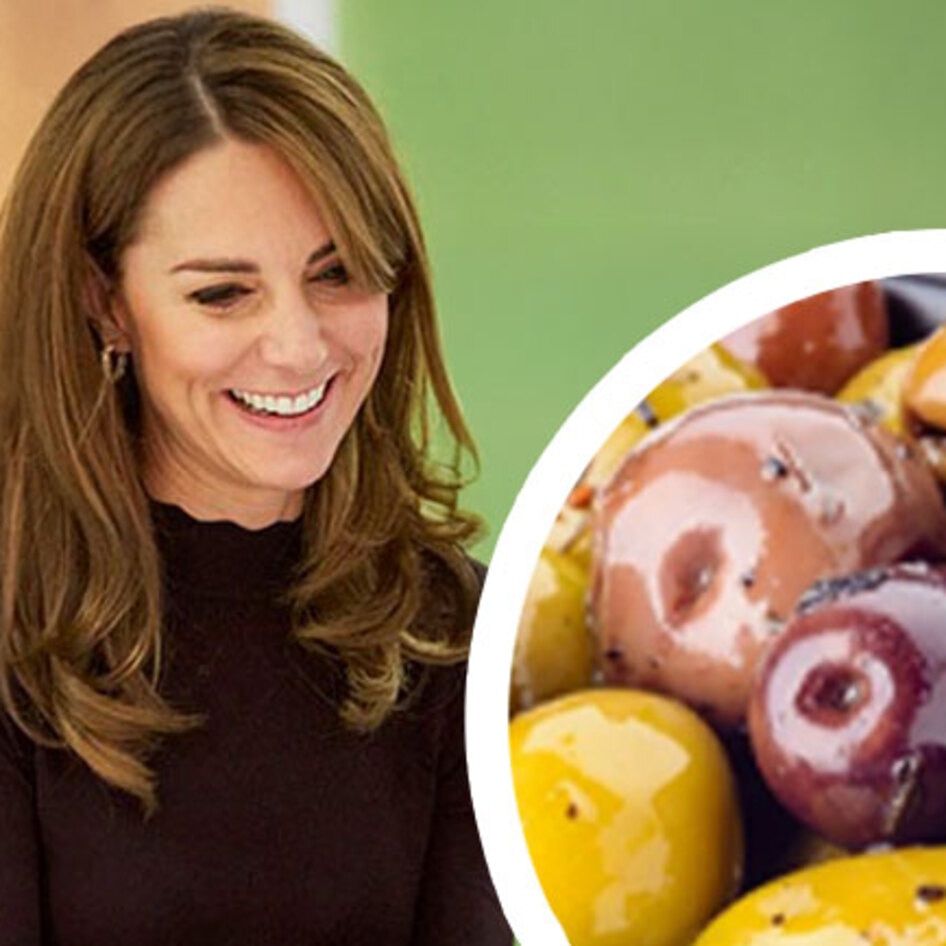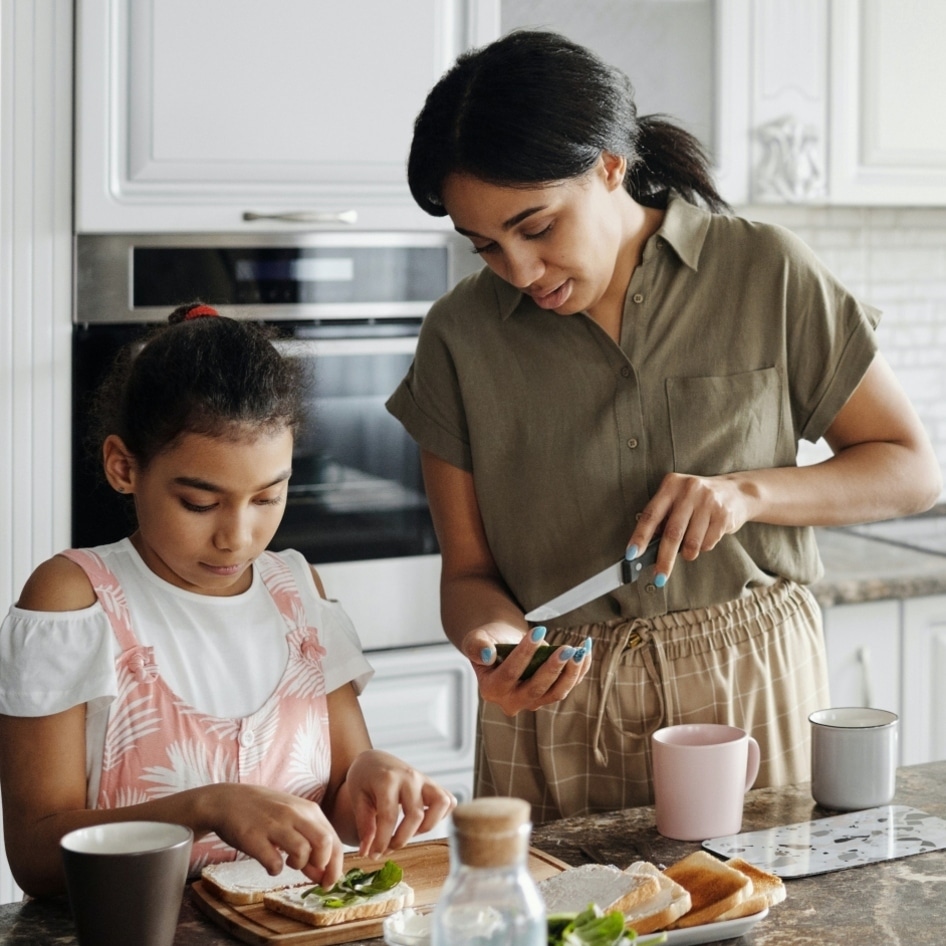6 Ways to Raise a Vegan Child in a Non-Vegan World
Show your children the joys of celebrating real food and guide them into new territory—one bite at a time.
February 3, 2017
I made the decision to raise my child (currently an active, happy 7-year-old) vegan. Luckily, I am armed with the experience of being vegan for half my life, as well as having a master’s degree in nutrition. So parents often come to me with questions about nourishing their families on a vegan diet. These questions come as no surprise because many of the food behaviors formed during childhood can persist throughout adulthood. Studies have shown that some of the leading causes of death—including heart disease—begin developing during childhood. Fortunately, concepts such as compassion and love are also developed at a young age, which is why there’s no better time than childhood to teach a child about cruelty-free living. Based on my experience as a mother and a nutritionist, here are six ways I’ve kept my daughter interested, engaged, and active in being vegan.
1. Get them involved
My daughter and I like to play a game at the grocery store every week in which I ask her to pick out one fruit and one vegetable for her school lunch, plus one new item she’s never tried before. I guide her to healthy options, but sometimes I let her choose something indulgent. This give-and-take keeps her food fun and unpredictable, and the power of variable rewards is irresistible for a child. Most importantly, this game shows her that the world of vegan food is vast and exciting, and while there are certain boundaries, the possibilities are endless. Remember: from picking out recipes, gardening, shopping, chopping, cooking, eating, and cleaning up, there are opportunities for fun and engagement for any child at any age.
2. Be persistent but not forceful
A 2007 study found that children might need up to five, 10, or 15 exposures to a new food before accepting the new food, so don’t fret, and don’t give up! One day I discovered that my daughter loves some less-than-popular vegetables such as red beets and red cabbage, but only in their raw state. She won’t touch them once cooked. So, try new things in lots of different ways, and something might stick.
3. Mix old and new
Pairing new foods with old favorites can help create a more approachable and appetizing plate, as familiarity is important for children and can be very effective for building healthy eating habits. If your child is having a difficult time putting that new vegetable on their fork, ask them to try a bite of something they love first, then alternate between the two. A quick peanut sauce I can whip up in less than five minutes is my daughter’s perfect pairing for any vegetable or salad.
4. Always have snacks
I make sure my daughter’s teachers have school-safe treats on hand for surprise class celebrations (I like non-perishable Lucy’s gluten-free cookie packs). I also keep vegan cupcakes in the freezer for that birthday party I inevitably forgot about this weekend. For daily snacks, I keep fresh fruit, peanut butter crackers, and granola bars on me at all times.
5. Help them connect with your family’s “why”
There are different reasons for following a plant-based diet, but regardless of yours, this will undoubtedly form many of your child’s memories and his or her identity. One of my favorite family trips was to a farm sanctuary where my daughter and I cried over a rescued dairy cow but giggled as goats nibbled our ears and smiled when ducks joined us for a picnic. Ask your child questions about why you eat this way and why certain foods aren’t on your plate (when they might be in their friend’s lunchbox). When they follow up with their own questions, always give them space to explore their thoughts. The more inquisitive they are, the better. This builds active thought-leaders with an incredible foundation of compassion and empathy.
6. Get ready to be surprised
Kids will delight in the most unlikely circumstances. For instance, my daughter loves Earth Balance Vegan Cheddar Squares crackers, but she’s not impressed by meat analogs. She’s “not a fan of chocolate” (her words) and claims to not like pizza, but she will happily eat a bowl of raw red cabbage, raw beet slices, and warm green lentils. She was my first inspiration to eat healthfully, as I transformed my junk food vegan habit into a mostly whole-foods diet upon pregnancy. Today, I’m most surprised by the way she makes me grow every day. She continues to teach me the joy of fresh, juicy delicious food in the most unexpected ways.
In addition to being a co-founder and Chief Nourishment Officer at Lighter, Micah Risk is the mom to a veggie-eating 7-year old who loves animals and gardening.
JUMP TO ... Latest News | Recipes | Guides | Health | Subscribe







